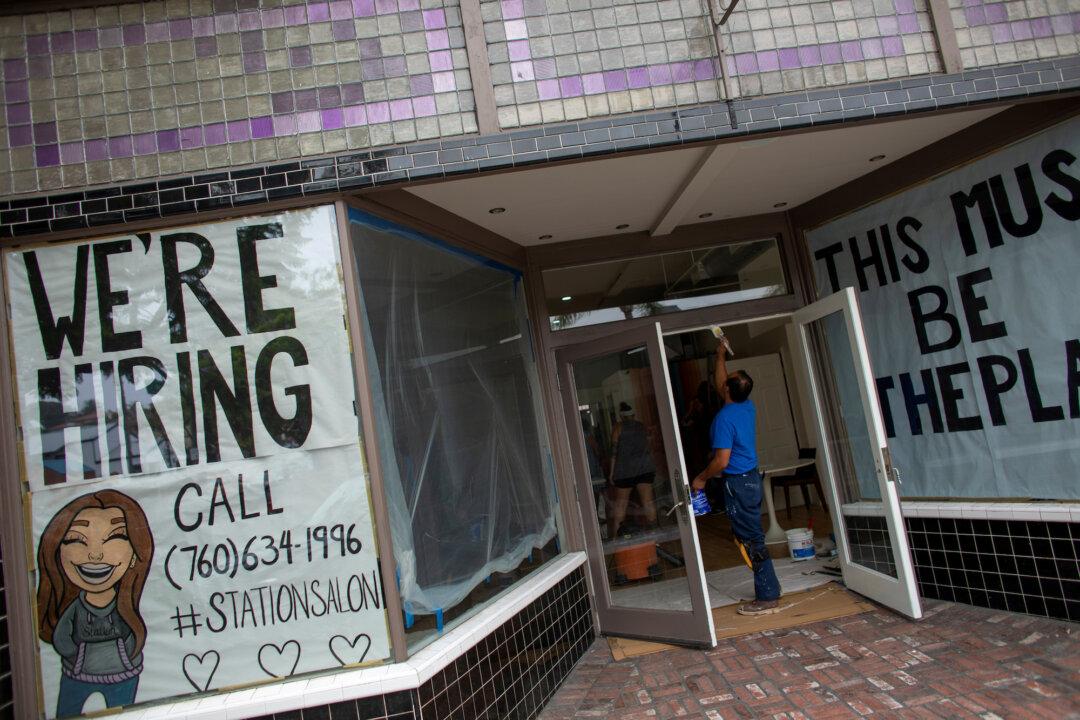The number of American workers seeking unemployment benefits last week jumped to 742,000, the first increase in five weeks and a sign that the resurgent viral outbreak may be forcing more businesses to cut jobs.
The Labor Department said in a Nov. 19 report (pdf) that the number of people who filed for state unemployment benefits last week grew by 31,000 from the previous week’s revised level of 711,000.





